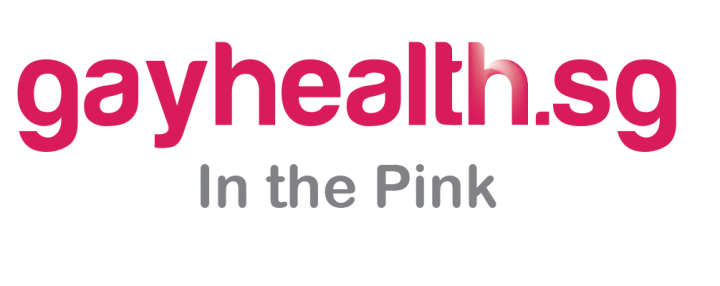I refer to this week’s Talking Point, “When kids think of suicide”. Studies across the world have proven that one group with a higher risk of suicidal behaviour is LGBT (lesbian, gay, bisexual, transgender) youth.
Research in the United States shows that these youth are four times more likely to attempt suicide as their heterosexual peers; nearly half of young transgender people have thought seriously about suicide, and one-quarter report having attempted it.
In Singapore, homophobia and transphobia may be prevalent. In a survey by Oogachaga Counselling and Support, a non-profit agency catering for the LGBT and queer community, 60.2 per cent of respondents indicated having experienced abuse and discrimination on the basis of their sexual orientation and/or gender identity.
The survey also found that such abuse and discrimination led to a significantly higher incidence rate of having suicidal thoughts or attempts. This is alarming.
Thankfully, the Health Promotion Board has published a FAQ on sexuality on its website that validates the humanity of LGBT persons.
However, it removed links to LGBT-affirmative counselling hotlines, which makes access to support for LGBT persons more difficult.
School leaders should pay attention to fostering safe, healthy school environments.
For example, micro-aggressions, which are everyday encounters of subtle discrimination marginalised groups face, towards LGBT persons can cause depression, psychological distress and even cardiovascular issues.
Using words such as “faggot”, “sissy” or “ah gua” as insults or jokes is an example of micro-aggression towards LGBT persons, even if the words are not directed at them.
In a study published in the Journal of LGBT Issues in Counselling, LGBT and queer participants said they felt depressed, anxious and even traumatised when they experienced micro-aggressions.
We have much to do to make Singapore a safe place for all children.
First Published on Today
By BRYAN KWA JIE WEN
PUBLISHED: 4:16 AM, APRIL 29, 2015
If you need assistance or know someone who is in distressed and need help, please call our hotline at 6254 0212
or visit our supportive network page.





































